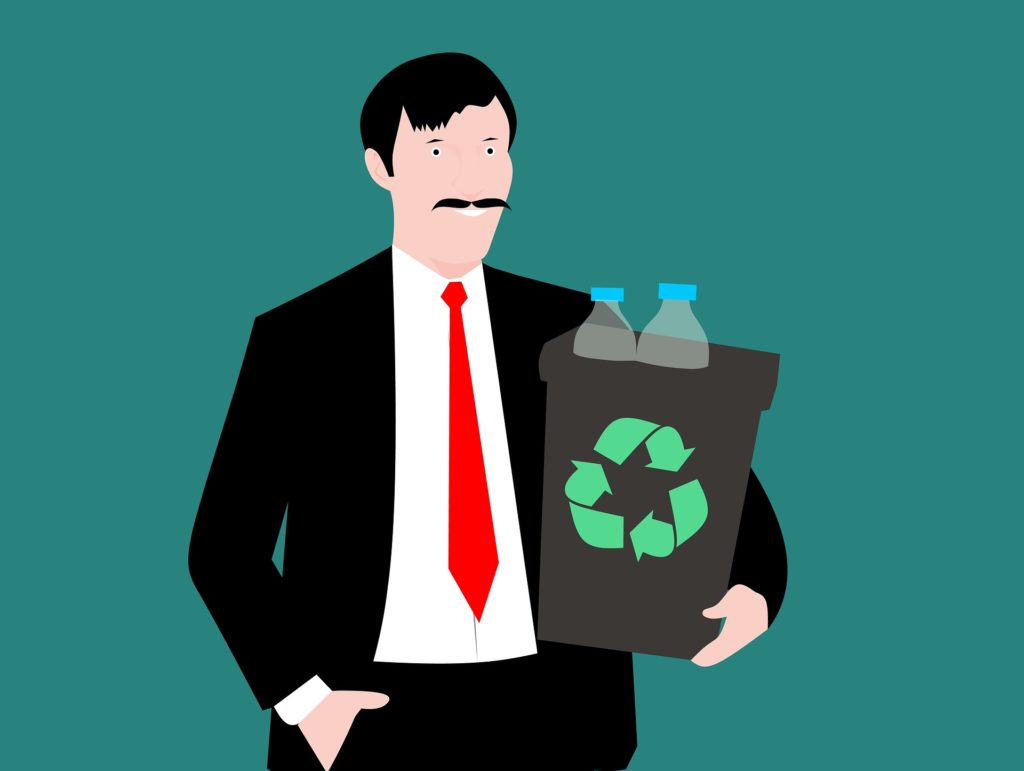We are pleased to announce the release of six new PhD projects that will be supervised by members of the Interpersonal Relationships & Wellbeing Research Group. These opportunities are for self-funding students and align with major areas of research activity within the group.
Why study our projects?
We asked project supervisors to give us an insight into the value and importance of their proposed projects and we share their comments below. Please click on the project title links to find out more.
Pro-Environmental Behaviour and Life History Theory

Dr Daniel Farrelly, Principal Lecturer in Psychology will supervise this project and Daniel explains why this work is important:
“Our early surroundings can have profound and lifelong effects on our cognition, perception and emotions. These effects shape how we respond to our world in later life, and can predict how we interpret and behave in different scenarios such as risk-taking, impulsivity and social relationships. One possible further effect our early life can have is on pro-environmental behaviour, and this project will explore precisely this. By doing so it will offer valuable insights into how attempts to tackle the climate crisis can be shaped for different populations in society.”
Read more from Dr Farrelly here.
Training emotional competency in the workplace: Does ‘one size’ really ‘fit all’?

Dr Sarah Davis, Principal Lecturer in Psychology and Interpersonal Relationships & Wellbeing Group Lead will supervise this project. Sarah explains that:
“Training emotional competencies in the workplace has become commonplace, particularly with the rise of Equality, Diversity and Inclusion policy. Most of us will have heard of programmes that teach ‘perspective taking’, ‘sensitivity training’, or ‘emotional intelligence’ in our workplaces. But does everyone always benefit from these ‘interventions’ at work? Might there be some unanticipated and unintended consequences for employers and employees? This research seeks to explore the scope of these practices within organisations across the UK and explore this neglected but important question.”
Read more from Dr Davis here.
“Getting On With It!”: Ensuring Safe and Compassionate Supervision and Thinking Spaces for Practitioners in Child Protection Practice

Dr Claire McLoone-Richards, Senior Lecturer in the Department of Violence Prevention, Trauma and Criminology and leader of our Trauma & Violence Prevention theme will supervise this project. Claire outlines why this research is valuable:
“The professional experiences and practices of child protection is complex, challenging and takes a toll on the emotional well-being and resilience of practitioners. This study can examine the need for promoting and ensuring organisational cultures of compassion and safety for staff, as being conducive to enabling critical reflective practice to protect vulnerable children.”
“Please take us seriously!”: examining the help and support needs of male victims of domestic abuse

Dr Claire McLoone-Richards Senior Lecturer in the Department of Violence Prevention, Trauma and Criminology and leader of our Trauma & Violence Prevention theme will supervise this project. Claire explains:
“This is an important research theme when considering the experiences of less visible and marginalised groups. The concern of male victims is troubling against the backdrop of “toxic masculinities” in society, as restrictive gender norms and the shaming of men, make it more difficult for victims to disclose their experiences of abuse.”
Read more from Dr McLoone-Richards here.
Responsible virtual assistant for effective marketing communication

Dr Sajad Rezaei, Senior Lecturer in Digital Marketing, and member of our Customer Interactions theme will supervise this project. Sajad believes that “exploring Responsible AI empowers academics and practitioners to discover the potential of emerging technologies for society.”
How care-experienced individuals define and achieve career success

Dr Pamela Murray, Senior Lecturer in Leadership and Organisational Behaviour, and member of our People and Work theme will supervise this project. Pamela notes that “A regrettable relationship between adverse childhood experiences (ACEs) and a range of marked negative outcomes impacting the life course exists [see a recent report by the All-Party Parliamentary Group on a Fit and Healthy Childhood:
Children enter the care system for a myriad of reasons, most of which can be characterised by loss of a pivotal positive in the children’s lives. That being the case, this vision of this research is to explore enabling interventions experienced by care-leavers making their way toward personal fulfilment by achievement of career aspirations”.
Read more from Dr Murray here.
How to apply
If you wish to apply for any of these projects, please go to our Course Search and select the relevant research degree programme area.
An application link can then be found towards the bottom of each programme page. In your application, please remember to clearly highlight that you are applying for one of our un-funded MPhil/PhD project ideas.


